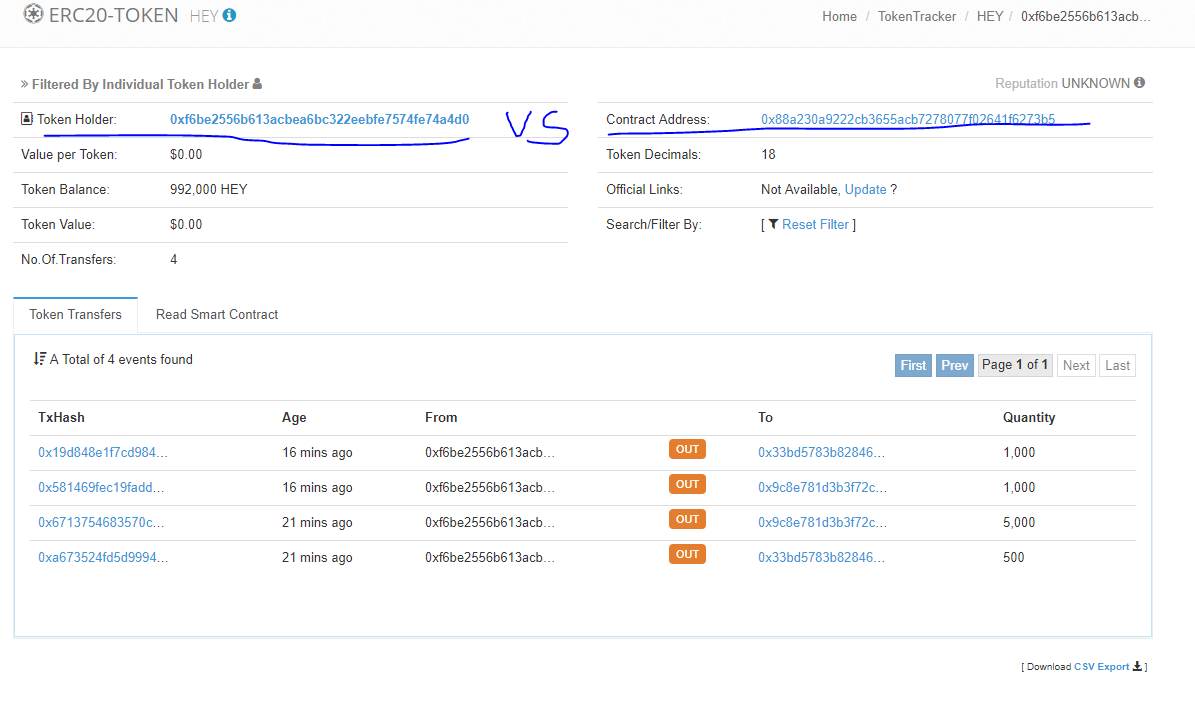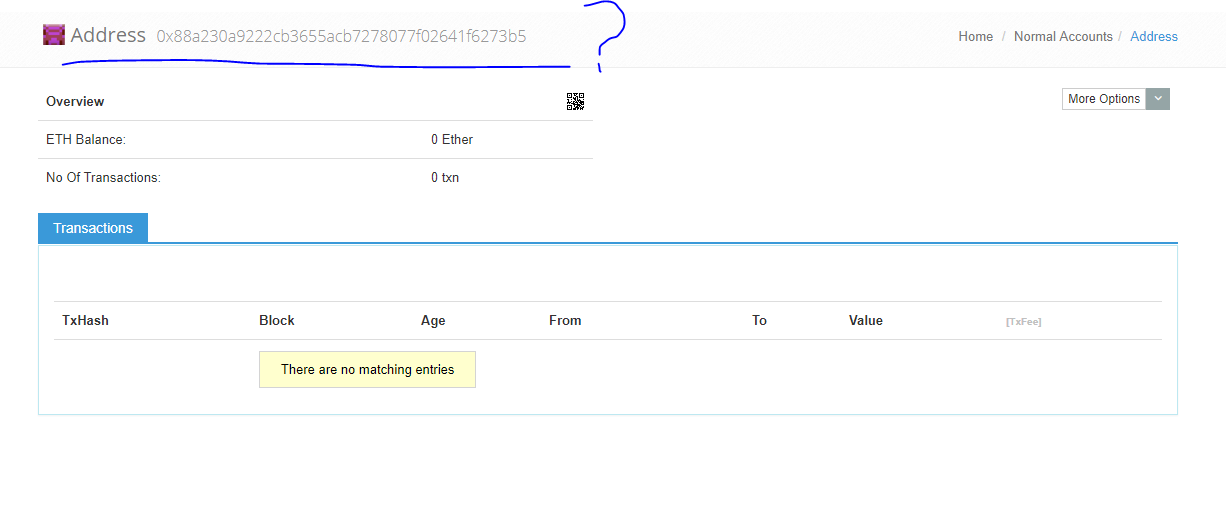Token holder is the address that owns tokens from a smart contract ERC20.
Arent we supposed to send funds to "Contract Address" (one on right)?
It depends. If the contract has not a payable fallback function that will accept funds, sending funds to it will fail. You should check how the token sales are being hold. Sending funds to a smart contract is not the standard pattern to buy tokens.
You may check Grid+ token sale contract. It is a good recent example.
https://etherscan.io/address/0x94dc1cf66c8fd62ef3bd7da53f47423862839823#code
It has a function called purchaseToken. You will send funds to this function and it will calculate how much tokens you´ve just bought and transfer it to you.
Here we have a good example and deep analysis of token sales:
http://vitalik.ca/general/2017/06/09/sales.html
The last few months have seen an increasing amount of innovation in token sale models. Two years ago, the space was simple: there were capped sales, which sold a fixed number of tokens at a fixed price and hence fixed valuation and would often quickly sell out, and there were uncapped sales, which sold as many tokens as people were willing to buy. Now, we have been seeing a surge of interest, both in terms of theoretical investigation and in many cases real-world implementation, of hybrid capped sales, reverse dutch auctions, Vickrey auctions, proportional refunds, and many other mechanisms


